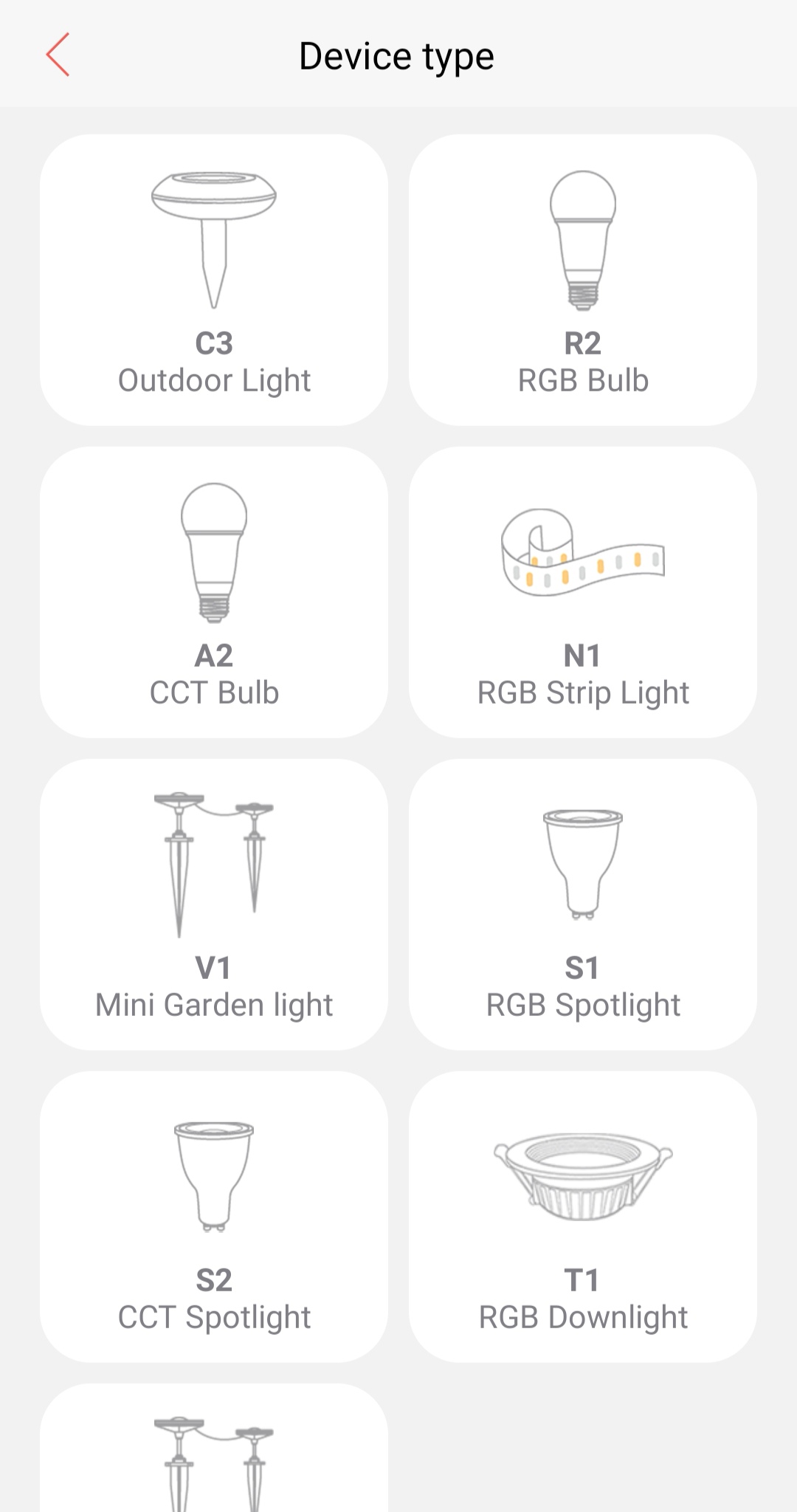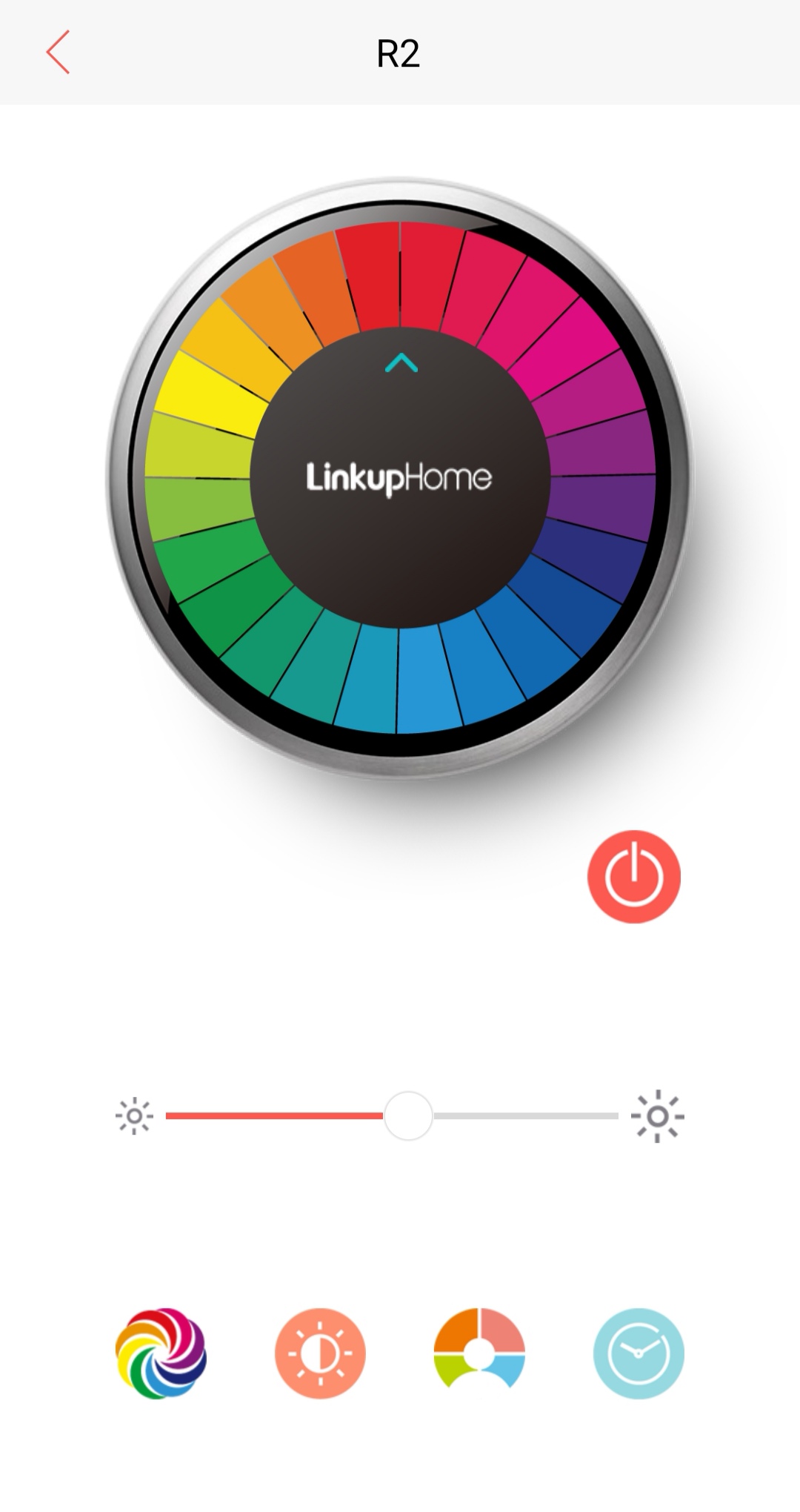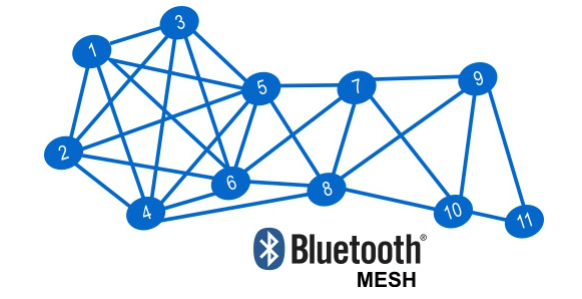"Cloud" computing promotes the development of multiple virtual technologies
Although "cloud" computing has become the most popular vocabulary in recent years, there is no uniform definition of it in the industry, and the definitions of the various companies vary greatly. As the world's largest storage chip and virtual technology manufacturer LSI company, its CEO Abhi Talwalkar believes that cloud computing is still far from real commercial, but it promotes the process of virtual technology, SSD technology and advanced I / O technology. Please see this exclusive interview with him.

2009 is a very difficult year. Could you please talk about the changes it has brought to the global IT industry and semiconductor industry?
LSI: In 2009, the global semiconductor industry will decline by 17-20% compared with the previous year. The semiconductor industry will continue to integrate because there are too many semiconductor companies and there is not so much sales to support so many companies. In the next 3-5 years, semiconductor companies with sales between 100M and 300M USD will have a hard time. The semiconductor industry giant Evergrande, and more focused, small companies will live harder.
The future trend is that more and more companies will focus more on a certain field and develop deeper. LSI is focused on the storage and network markets.
It is worth mentioning that while the semiconductor industry continues to integrate, the IT industry also continues to integrate. Companies such as IBM, HP, Cisco and DELL are getting bigger and bigger, and there will be only a few powerful companies left in each field, forming an oligarchic economy. At the same time, the number of suppliers of these giants is decreasing, and they hope that a few suppliers can provide their greatest value. Therefore, the positioning of LSI is based on this trend. For example, we have a very extensive storage product line to meet all the needs of users and become an expert and leader in the storage field.
However, although the revenue of these giants decreased in 2009, their investment in new technology R & D did not decrease. The same is true for LSI. In the face of the crisis, we have adopted an offensive strategy. I think our position was strengthened in 2009.
Will the crisis in 2009 make the status of IC companies in Asia, especially in mainland China and Taiwan, stronger?
It depends on different fields. For example, in the field of consumer electronics, half of the global consumer electronics demand is in China. Therefore, the R & D capabilities of IC companies in mainland China and Taiwan in the consumer market are rising rapidly, and they will become more and more powerful in the consumer electronics market. However, in the communications and network market, many first-level OEMs in the world are still in Europe and the United States, so communications and network IC companies in Europe and America are still very strong. However, with the rise of local Chinese OEMs such as ZTE and Huawei in the future, China will have some emerging communication and network IC manufacturers.
At present, the concept of "cloud" computing is very hot. What do you think about the changes that cloud computing will bring?
Cloud computing is really hot at the moment, but I think it is only a concept of market speculation to a certain extent, and it is still far from real commercial use. I think cloud computing refers to a business model that uses dynamic network resource allocation to provide rental services. For example, enterprises can rent storage resources, computing resources, and I / O resources from cloud computing service providers. This kind of commercial cloud computing is still in its infancy in the world and is still in its infancy.
But there is a demand for cloud computing. IT managers of some large enterprises are working very hard to build a dynamic data center to support the dynamic allocation of internal network capacity. For example, he needs to dynamically allocate a large amount of resources to market personnel to operate the company's own website. IT managers need a network that dynamically allocates resources. The main reason why cloud computing has not yet started is that the business profit model is still uncertain, and people are worried about the security of outsourcing information resources.
However, from a technical perspective, cloud computing network architecture is being developed, and some advanced technologies are being integrated into this architecture. Such as virtualization technology.
Virtualization is an important technology in cloud computing, which includes server virtualization, storage virtualization and network virtualization. Among them, server virtualization is very mature, and people are developing storage virtualization and network virtualization. In terms of storage virtualization, LSI is a leader in this field. LSI acquired a company specializing in storage virtualization solutions a few years ago and can now provide storage virtualization solutions. HP's recently sold storage virtualization software is our outsourcing solution.
In terms of network virtualization, Cisco said that their data center already supports network virtualization. A very important technology of network virtualization is I / O virtualization, of which SAS2 is the driving technology. LSI is currently focusing on SAS2 control chips and software solutions. We are working with a software company (3leef) to develop more advanced technologies for storage and I / O virtualization.
In addition to virtualization technology, unified architecture / converged architecture will be another important technology for cloud computing. Here 10G Ethernet will be an important interconnection technology among them, promoting the implementation of unified architecture / converged architecture. In addition, flash memory storage technology (SSD), etc. will also promote the process of cloud computing mode.
In addition, the integration of computers, storage, and networks requires fast network accelerators. LSI provides advanced network accelerators, application accelerators, and security accelerators (DPI) to drive network applications faster and more securely.
In general, regarding cloud computing, technology has been ahead of the market.
The 10G Ethernet interconnection technology you mentioned is very important. So, will it replace the current Fibre Channel (FB) technology?
will not. In the future, FB, 10G Ethernet and FB over 10G Ethernet technologies will coexist. However, FB over 10G technology will develop faster and be adopted more. By 2012, Ethernet will account for 60% of interconnected technologies.
In addition, SSD technology still has many difficulties, how can it promote the development of cloud computing?
SSD will create many emerging applications. why? We know that CPU performance is developing very fast at present, but the development of storage technology is relatively slow, and the birth of SSD fills this gap. Many applications will benefit from fast storage technology. For example, the database, due to the use of SSD fast storage, performance will be greatly improved.
Yes, the current SSD technology does face many problems. For example, the cost is 5 to 10 times that of HDD, the performance is unstable, the number of reads and writes is limited, the life span is short, and data may be lost. But I believe that with the increasing use of SSDs in laptops, PCs and servers, these problems will be solved. At the same time, LSI provides excellent controllers for SSDs. With our controllers and advanced software algorithms, we can reduce the number of SSD reads and writes, extend the life of SSDs, and reduce the risk of data loss.
The difficult 2009 is about to pass, everyone said that the annual meeting is a good year? What do you think? What hot markets do you think will be next year?
I agree that global semiconductors will be a year of growth next year. However, the current controversy is how much the growth rate is.
However, I think that after the year is getting better next year, there will be a large number of replacements in the IT industry. Many PCs, servers, networks, and storage devices currently in use are very old, and these devices need to be replaced urgently. Maybe Windows 7 will become the catalyst for this wave of replacements. Among them, the demand for storage devices will be at a higher priority. In addition, I think that with the continuous growth of mobile services, the demand for mobile servers will grow rapidly.
Finally, video applications will be the most popular applications. In order to manage traffic more effectively and more securely, the industry's demand for DPI will increase significantly.
The status of Chinese equipment manufacturers in the network, communications and storage markets is rising rapidly. How will LSI support Chinese manufacturers?
China's first-tier customers such as Huawei and ZTE are growing rapidly. Our support for these important customers is reflected in multiple aspects such as timely delivery and flexible chip strategies.
In terms of delivery, we know that China is a relatively special market. In many cases, delivery is urgent and the forecast is not very accurate. Therefore, on the one hand, we provide customers with VMI services, and at the same time, we communicate with the decision-makers of all important positions of our customers regularly to understand their needs in a timely manner. We put the needs of China in the definition of our new products.
In terms of chip strategy, we provide very flexible services to customers in China. For example, for Huawei, we provide them with a wide range of customized chip services, standard chip services and mixed services of customized and standard chips, as well as software customization services. Needless to say, our investment in China will increase in intensity next year.
Smart mini garden spotlight, 9 pieces for 1 set, two power versions are available, electric power supply and solar power supply. The mini garden spot light has both lighting and RGB colorful lighting mode, the angel of lamp head can be changed. Lamp body is waterproof IP66, rainproof and dustproof. It can be easily inserted on lawns, gardens and beaches.
The light color, brightness, cycle mode and timing can be controlled by App.The App are developed on the most advanced Bluetooth Mesh technology. [LinkupHome" App can be downloaded in the App store or Google Player, then you can control our product without any complicated steps. The App is stable, easy control and multifunctional.


The advantages of Bluetooth Mesh are fast connect, low power consumption, no password required and Ad-Hoc Network. No need WIFI and hubs, as long as you have a Bluetooth-enabled smart phone, you can experience the smart light. When you install several smart gardenspots, the self-organizing network function can make the signals free connect, break the limitation of distance.

Product Parameters
Lamp Color: RGBW
Protocol: Bluetooth Mesh
Solar Board: Voltage
Wireless Transmission: 20m
WaterProof: IP66(Lamp) IP44(ECG)
Dimension: 50x35x155mm
Accessories: 9pcs lamps and 1pc 10 meters cable
Smart Gardenspot Outdoor Light
Solar Powered Garden Lights,Smart 3W Garden Spot Light,Outdoor Solar String Lights,Smart Gardenspot Outdoor Light
Ningbo Homey Photoelectric Technology. Co., Ltd , https://www.linkuphome.com